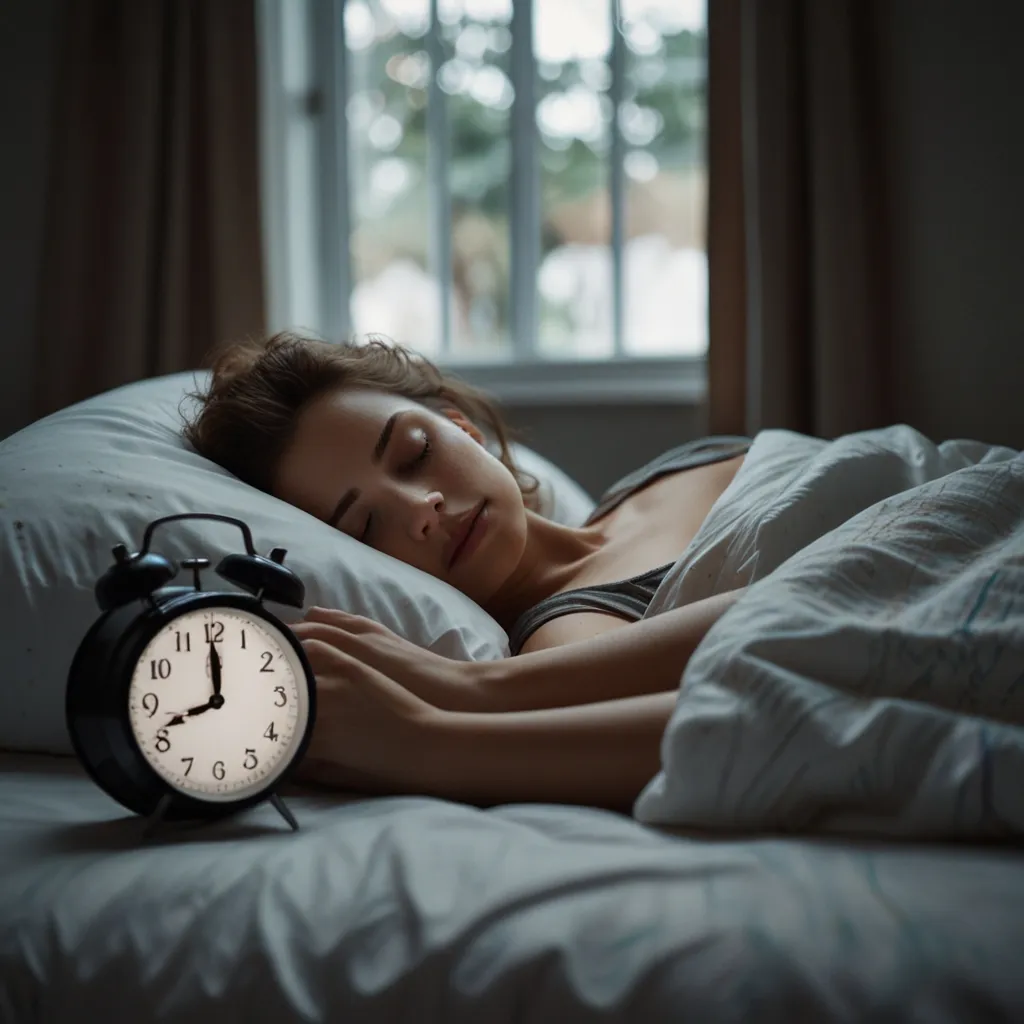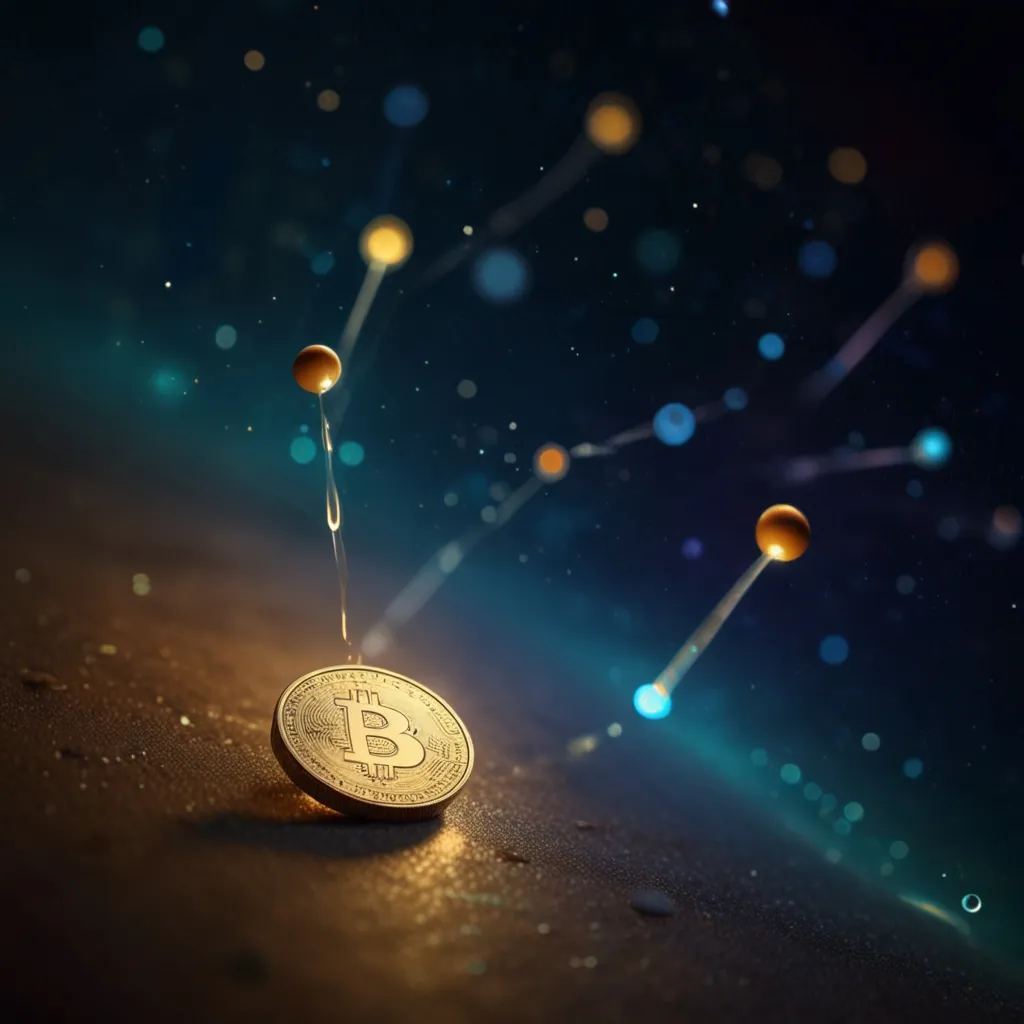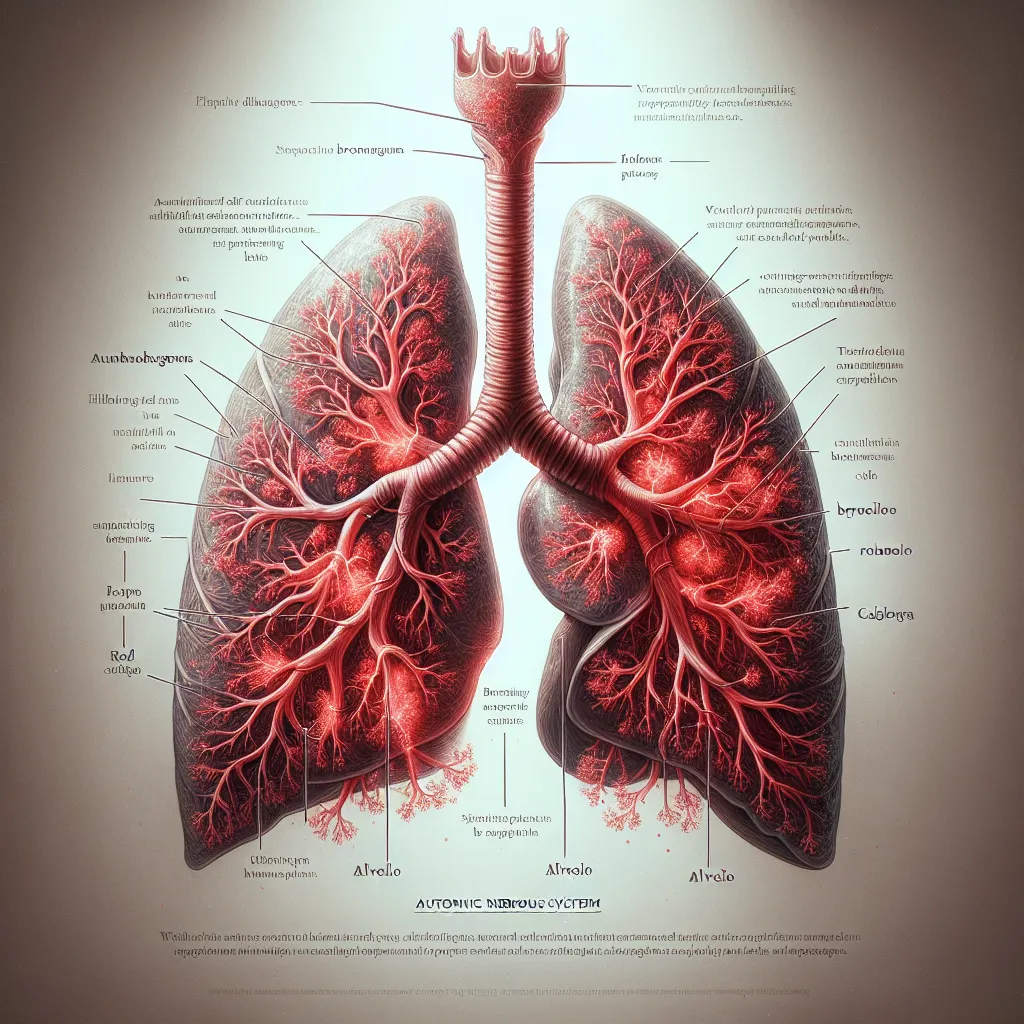A study by the Brain and Mind Institute of Western University in Canada, published in 2018, painted a realistic picture of our sleep habits. Unlike most sleep studies conducted in controlled lab environments, this one was done in real-world conditions—right in the participants’ bedrooms. With over 40,000 individuals tracked, the study holds significant weight due to its large sample size.
The research aimed to understand how sleep patterns affect cognitive and neurological functions. And while the results weren’t groundbreaking, they reaffirmed something our doctors have always told us: seven to eight hours of sleep is crucial for optimal cognitive performance. Straying outside of this window, whether by sleeping too little or too much, impairs our thinking abilities.
What was surprising, though, was the extent of impairment caused by excessive sleep. The study revealed that sleeping more than eight hours could be just as detrimental as skimping on sleep. This finding narrows the ideal sleep window for adults to precisely seven to eight hours.
So, if you thought that sleeping in would make you sharper, think again. Both sleep deprivation and oversleeping can dull your mental acuity. While the research doesn’t explain why too much sleep has negative effects, it certainly sets the stage for future scientific inquiries.
Interestingly, the average adult in the U.S. sleeps just under 6.8 hours a night, falling short of the ideal range. To make matters worse, about 40% of adults don’t even get six hours of sleep. This makes it clear why so many of us are feeling grumpy and sluggish throughout our days.
With all this in mind, it’s high time to pay closer attention to our sleep habits for the sake of our cognitive well-being. Seven to eight hours might just be the magic number for waking up refreshed and ready to tackle the day. Sweet dreams!






